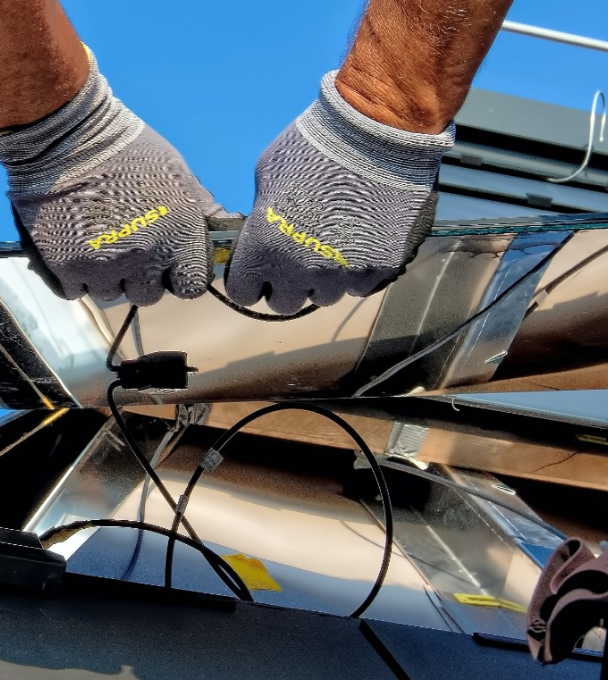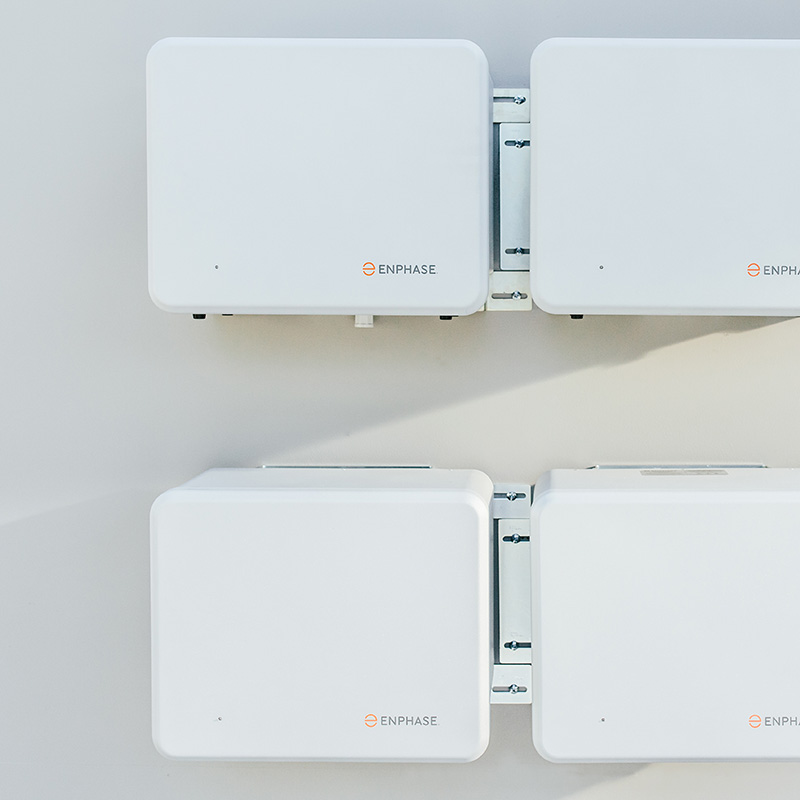Important notice
For manufacturers, retailers and industry
The federal Cheaper Home Batteries Program, WA Residential Battery Scheme and QLD Supercharged Solar for Renters program require the use of products from the Clean Energy Council approved products lists.
Approved products
The Clean Energy Council maintains lists of approved inverters and power conversion equipment (PCE), PV modules and energy storage devices (lithium-based batteries) that meet Australian and international standards for use in the design and installation of solar and battery storage systems.
The use of the Clean Energy Council’s listed products is a requirement of several electricity grid operators (DNSPs) and federal and state government rebate programs. Only systems with listed products are eligible to receive small-scale technology certificates (STCs) under the Small-scale Renewable Energy Scheme (SRES).
Installers, retailers and stock keepers should always refer to the lists before purchasing stock and performing an installation. The lists are dynamic and products can be de-listed at any time. It's important to regularly check and look out for Clean Energy Council and manufacturer notifications.
Batteries
Inverters
Modules
Product de-listings, suspensions and recalls and faults
Find details of products that have been recently removed from our products lists or recalled by the Australian Competition and Consumer Commission (ACCC) and understand how to report a fault.
Our product lists are dynamic and products can be suspended or de-listed at any given time if found in breach of the Clean Energy Council's product listing terms and conditions. View recent de-listings and suspensions below.
You can also view Product Recalls, issued by the ACCC. If a product is recalled by the regulator, it may be removed from our product lists if it also constitutes a breach of the product listing terms and conditions.
If you spot a fault with a Clean Energy Council approved product or believe it breaches our terms and conditions, report it here.
Apply to have your products approved

